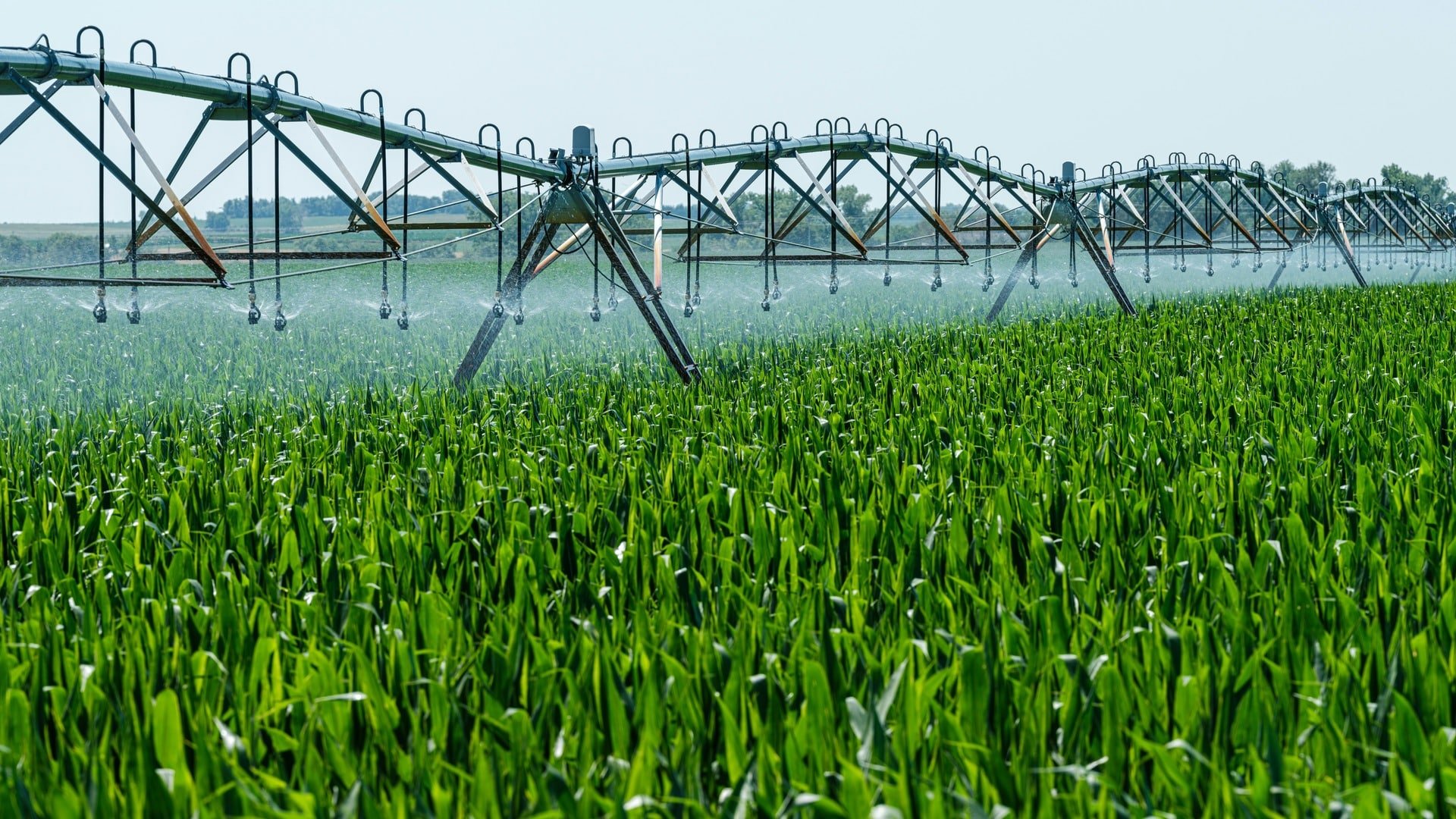Key Takeaways:
- The AI-ENGAGE Initiative is a collaboration among the U.S. National Science Foundation (NSF), Japan Science and Technology Agency (JST), Indian Council of Agricultural Research (ICAR), and Australia’s Commonwealth Scientific and Industrial Research Organization (CSIRO).
- This initiative focuses on advancing agricultural technologies to benefit the people and economies of the Indo-Pacific region.
- The AI-ENGAGE partnership encourages research collaboration in critical technologies such as artificial intelligence, robotics, and sensors to increase agricultural resilience.
- Joint proposals from teams across the Quad countries will be prioritized, with NSF coordinating the review process.
The U.S. National Science Foundation (NSF), Japan Science and Technology Agency (JST), Indian Council of Agricultural Research (ICAR), and Australia’s Commonwealth Scientific and Industrial Research Organization (CSIRO) have signed a memorandum of cooperation for the Advancing Innovations for Empowering NextGen AGriculturE (AI-ENGAGE) Initiative. The announcement, made at the Quad Leaders Summit hosted by President Joseph Biden on September 21 in Wilmington, Delaware, signifies an international effort to drive innovation in agricultural research.
The AI-ENGAGE partnership aims to increase the impact of research in critical technologies, benefiting both the people and economies of the Indo-Pacific region. By fostering collaboration among the Quad countries – the U.S., Japan, India, and Australia – the initiative will address challenges facing agriculture in the 21st century.
“NSF is proud to lead this research collaboration for global good, with partners from Australia, India and Japan,” said NSF Director Sethuraman Panchanathan. “These projects will result in new solutions, technologies, industries, and entrepreneurial ventures that will create a vibrant future for our farmers around the globe.”
Technology-Driven Agricultural Innovation
The AI-ENGAGE Initiative seeks to integrate emerging technologies into agricultural practices, including artificial intelligence, robotics, and sensor-based systems. One example of this innovation could be the development of mobile apps backed by affordable sensors and AI tools, providing farmers with real-time data on water, fertilizer, and pest control needs to optimize crop yields.
As global populations continue to rise, with projections reaching 9.7 billion by 2050, the demand for food and the pressure on land and water resources will also increase. The Indo-Pacific region is expected to face significant challenges due to these trends, but initiatives like AI-ENGAGE offer hope for developing impactful solutions.
A Collaborative Framework for Research
To implement AI-ENGAGE, NSF, JST, ICAR, and CSIRO will invite joint multilateral proposals from research teams involving participants from at least three of the Quad countries. Proposals that include researchers from all four countries will receive prioritization for funding. The proposals will undergo a unified review process coordinated by NSF, ensuring streamlined collaboration across the partner nations.
The AI-ENGAGE Initiative creates a framework for research communities across the Quad countries to collaborate on agricultural challenges, aiming to enhance the resilience and productivity of farms through cutting-edge technologies.



2 Comments